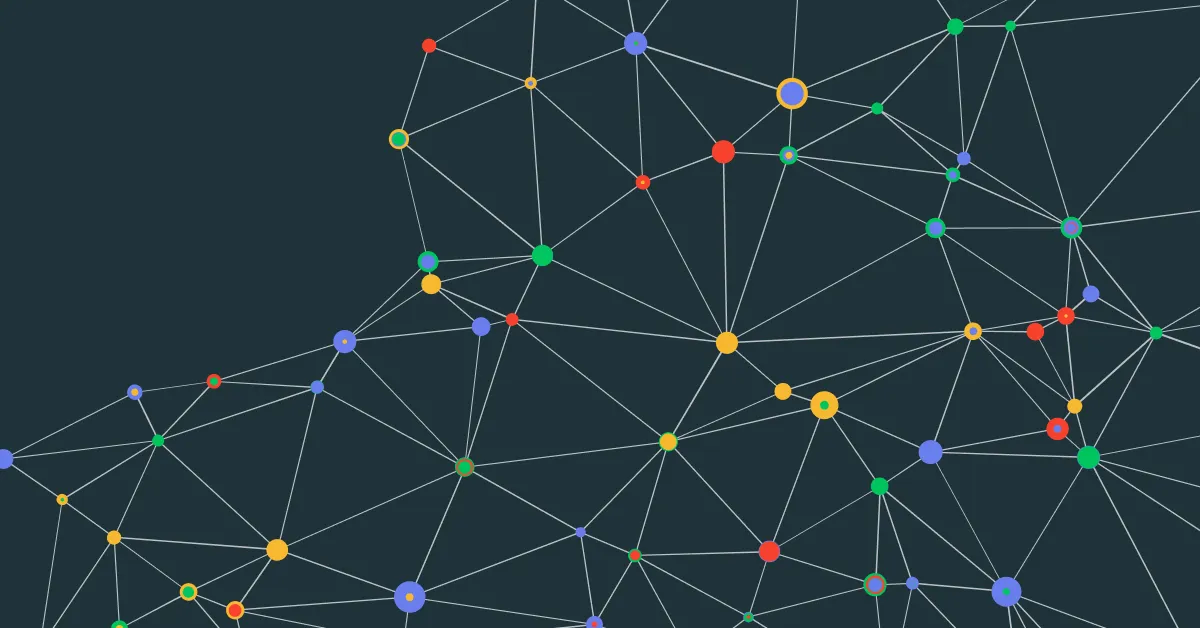In today’s digital landscape, data is the crown jewel of any organization. Protecting sensitive information from breaches, leaks, or unauthorized access is paramount for maintaining trust, compliance, and business continuity. While antivirus software remains essential for combating malware and other cyber threats, relying on integrated DLP (Data Loss Prevention) within these solutions may not provide the comprehensive protection your organization needs. In this article, we’ll explore why dedicated DLP solutions are the superior choice for safeguarding your data.
Understanding the Core Difference
Dedicated DLP: Tailored for Precision
Dedicated DLP solutions are purpose-built to address data loss prevention across various data states—whether at rest, in motion, or in use. These tools offer a deep level of customization, allowing IT teams to set granular policies, monitor data flows, and enforce security measures that are tightly aligned with organizational needs.
Integrated DLP: A Compromise in Capabilities
Integrated DLP within antivirus software, while convenient, often offers limited functionalities. These tools are designed primarily to combat malware, with DLP features added as an afterthought. The result is a one-size-fits-all approach that may not effectively protect against sophisticated data exfiltration methods or offer the necessary visibility into data usage.
The Advantages of Dedicated DLP Solutions
- Comprehensive Data Protection
- Dedicated DLP solutions offer robust protection across all data states, ensuring that sensitive information is safeguarded whether it’s stored on devices, being transmitted over networks, or actively used by employees.
- Granular Policy Enforcement
- With dedicated DLP, organizations can implement highly specific policies that align with regulatory requirements and internal security protocols. This granularity ensures that only authorized personnel have access to sensitive data, reducing the risk of accidental or malicious data loss.
- Enhanced Visibility and Control
- Dedicated DLP solutions provide detailed insights into how data is accessed, shared, and transmitted. This visibility is crucial for identifying potential vulnerabilities and preventing data breaches before they occur.
- Scalability and Flexibility
- As organizations grow, their data protection needs evolve. Dedicated DLP solutions are scalable and adaptable, allowing businesses to expand their data protection measures as needed without compromising on security.
Common Pitfalls of Integrated DLP with Antivirus
- Limited Scope
- Integrated DLP tools often lack the depth required for comprehensive data protection, focusing primarily on basic threat detection rather than complex data loss scenarios.
- Performance Trade-offs
- Combining DLP with antivirus software can lead to performance bottlenecks, as these tools may compete for system resources, ultimately slowing down operations and affecting productivity.
- Inflexible Policies
- Integrated DLP solutions are typically less customizable, limiting an organization’s ability to enforce nuanced security policies that address specific data protection needs.
The Bottom Line: Dedicated DLP is an Investment, Not an Expense
While an integrated DLP solution might seem like a cost-effective option, it offers limited protection, potentially putting your organization at risk. Dedicated DLP, on the other hand, is an investment in your data security, ensuring compliance with data protection regulations and safeguarding your most valuable assets.
By choosing dedicated DLP, you gain peace of mind knowing your sensitive data is protected – comprehensively, proactively, and at all times.




